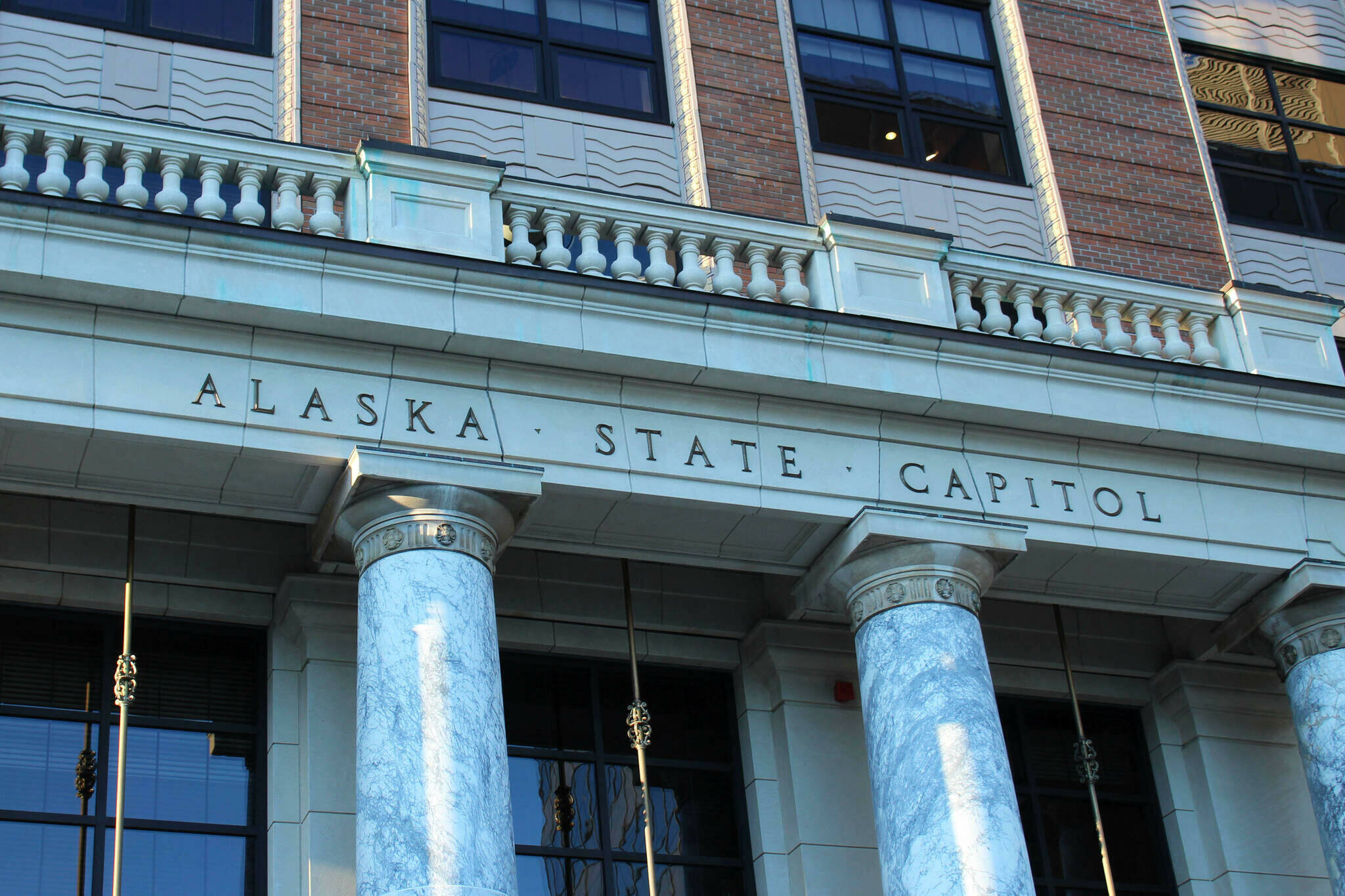Technically, Gov. Mike Dunleavy’s veto blocked five bills from becoming law that the state House passed after the constitutional adjournment deadline. But don’t blame him for killing the new laws. The House is the guilty party.
The 40-member House, managed the past two years by a splintered and often disorganized 23-member Republican-led majority, couldn’t manage to get its work done before the clock struck midnight. The governor did not hold them up; no power outage set them back; there was no IT meltdown or online hack; nothing slowed them down but the Legislature’s self-inflicted chronic illness of disagreeing and mismanaging right up to the deadline.
In this case, the House went past the deadline. They continued to vote and approve legislation.
The Alaska Supreme Court has affirmed that the constitutional 121-day limit is the law. The 121st day this year was May 15. Contrary to that, and contrary to the clock on the wall and the time on the electronic displays all around the Capitol, House leadership continued to bring bills to the floor for a vote, as if the clock and calendar and march of time had walked out of the building.
In his veto message, the governor said he canned the legislation because the House action violated the constitution. If he had signed the measures into law, lawsuits would have ensued and the courts would have nullified the laws. It would have been a waste of time and legal costs to pretend the clock said 11:59 a.m. May 15, when it clearly was May 16.
The five bills in themselves were not monumental, nor will their veto ruin anyone’s life. And one was downright silly.
House Bill 29 would have prohibited insurance companies from charging higher premiums to lawmakers and other political figures or canceling their policies “solely because of a person’s status as an elected official,” as if elected officials need some special protected status from insurance premiums more than any other Alaskan.
The governor wisely said legislators could try again next year to pass the same bills. They will have 121 days to get it done. It should be plenty of time for a rerun of this year’s vote.
Or maybe they could buy an insurance policy to protect themselves from the expense of missing the deadline.
Larry Persily is the publisher of the Wrangell Sentinel.

